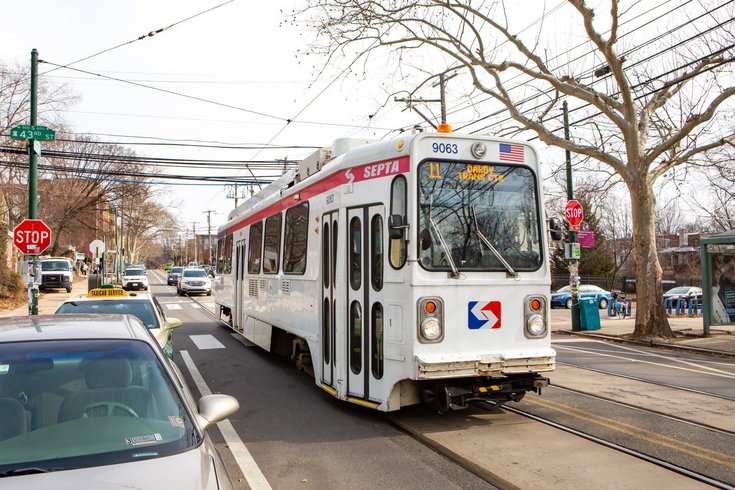
December 14, 2023
 Thom Carroll/for PhillyVoice
Thom Carroll/for PhillyVoice
SEPTA has struggled with operator shortages for its bus, train and trolley services, as well as averted strikes.
Pennsylvania’s budget impasse ended last night, but left out of the many bills passed was additional funding for SEPTA.
The Republican-controlled state Senate and Democrat-controlled state House passed a laundry list of legislation Wednesday evening. Among the highlights were bills that expand private school tax credit programs and provide additional dental care to Medicaid recipients.
But despite SEPTA officials' lobbying for funds in the form of a sales tax transfer, which could grant SEPTA an additional $190 million annually, the blitz of legislation included no such measure. It's an omission that has left public transit officials somewhat distraught.
"SEPTA will continue advocating in Harrisburg for funding to avert the looming fiscal cliff for public transit," SEPTA spokesperson Andrew Busch told PhillyVoice. "For SEPTA, with the expiration of federal COVID relief funds in April 2024, we are anticipating a structural shortfall of $240 million in our operating budget. That’s about 20% of what SEPTA needs to cover the everyday costs of operating the system — including fuel, electricity, labor and other expenses."
Throughout the year, SEPTA has been suffering from operator shortages, leading to delays in services. Also this year, SEPTA faced the possibility of potential strikes from operators and Regional Rail engineers. Just this week, striking SEPTA transit police began picketing.
"Without additional assistance from the state, SEPTA will have to look at draconian cuts in service and significant fare increases that would start with the beginning of the new fiscal year in July," Busch warned.
Busch said SEPTA will provide more details early next year on how the funding shortfall may affect services, and that the authority will "continue to work closely with members of the Legislature and the governor in hopes of reaching a funding solution."